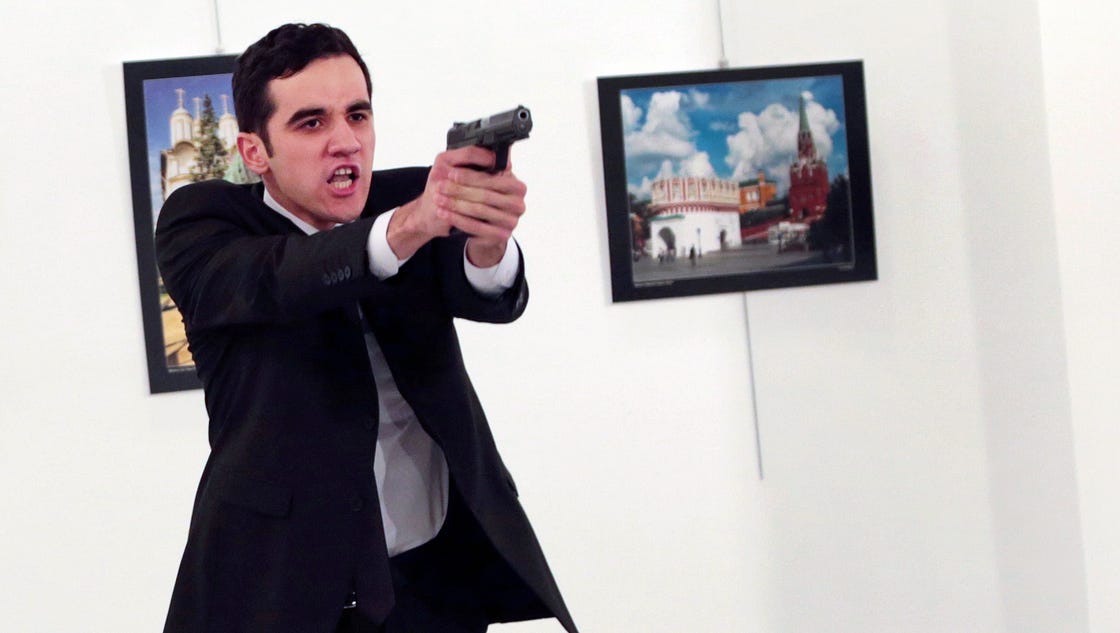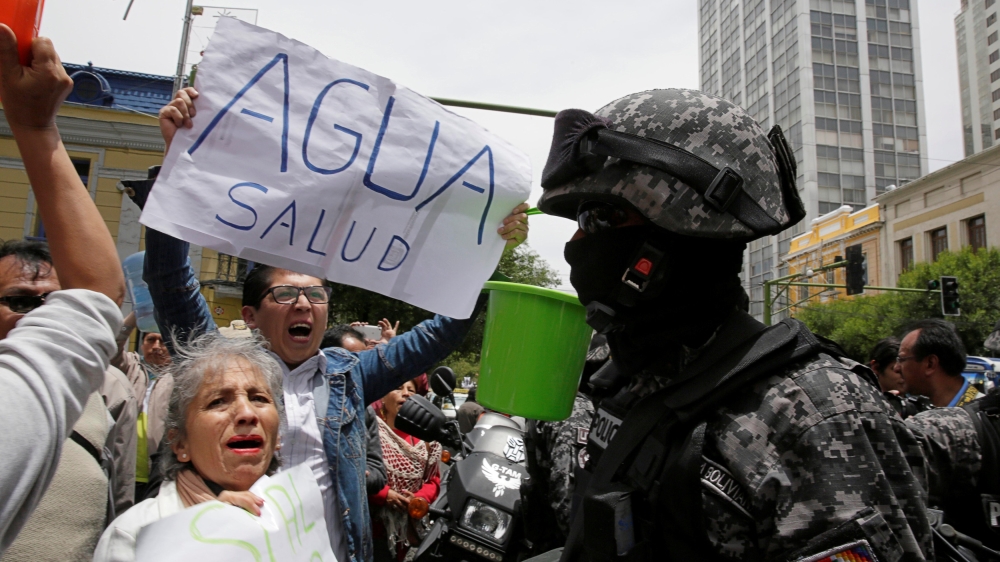By Samantha Netzband
Impunity Watch, Africa Desk Reporter
BANJUL, The Gambia–Opposition leaders in Gambia are calling for President Jammeh to step down after he rejected the countries recent election results. Originally President Jammeh had accepted the election results and was going to allow for a smooth transition of power to President-elect Adama Barrow. He has sense changed his mind which is not much of a surprise to the international community that does not have much faith in President Jammeh. Jammeh has a questionable record as President of the Gambia as he has been accused of human rights violations
President Jammeh. (Photo Courtesy of Premium Times)
President-elect Adama Barrow has also been calling on Jammeh to step down in order to ensure a good transition. Because of the countries lack of Supreme Court (it currently only has one justice) an election challenge would surely either drag on for a long time or be unduly influenced by Jammeh as he would appoint the remaining justices. Either way opposition party members are eager to see Jammeh go not only in order to get the power that they won in the election, but also to ensure that The Gambia does not become a country of chaos after failed elections.
President Jammeh is due to leave office on January 18, 2017 which is the end of his mandate. Should Jammeh actually step down opposition members have said they are planning to prosecute Jammeh for crimes he committed during office.
For more information, please see:
BBC News – Gambia election row: Yahya Jammeh ‘should step down now’ – 12 December 2016
Joll of News – Gambia: President-elect Rejects Jammeh’s Election Challenge – 12 December 2016
NPR – Gambia’s Opposition Calls On President To Step Down After Election Defeat – 12 December 2016
Premium Times – Gambia election: Jammeh heads to Court – 12 December 2016



